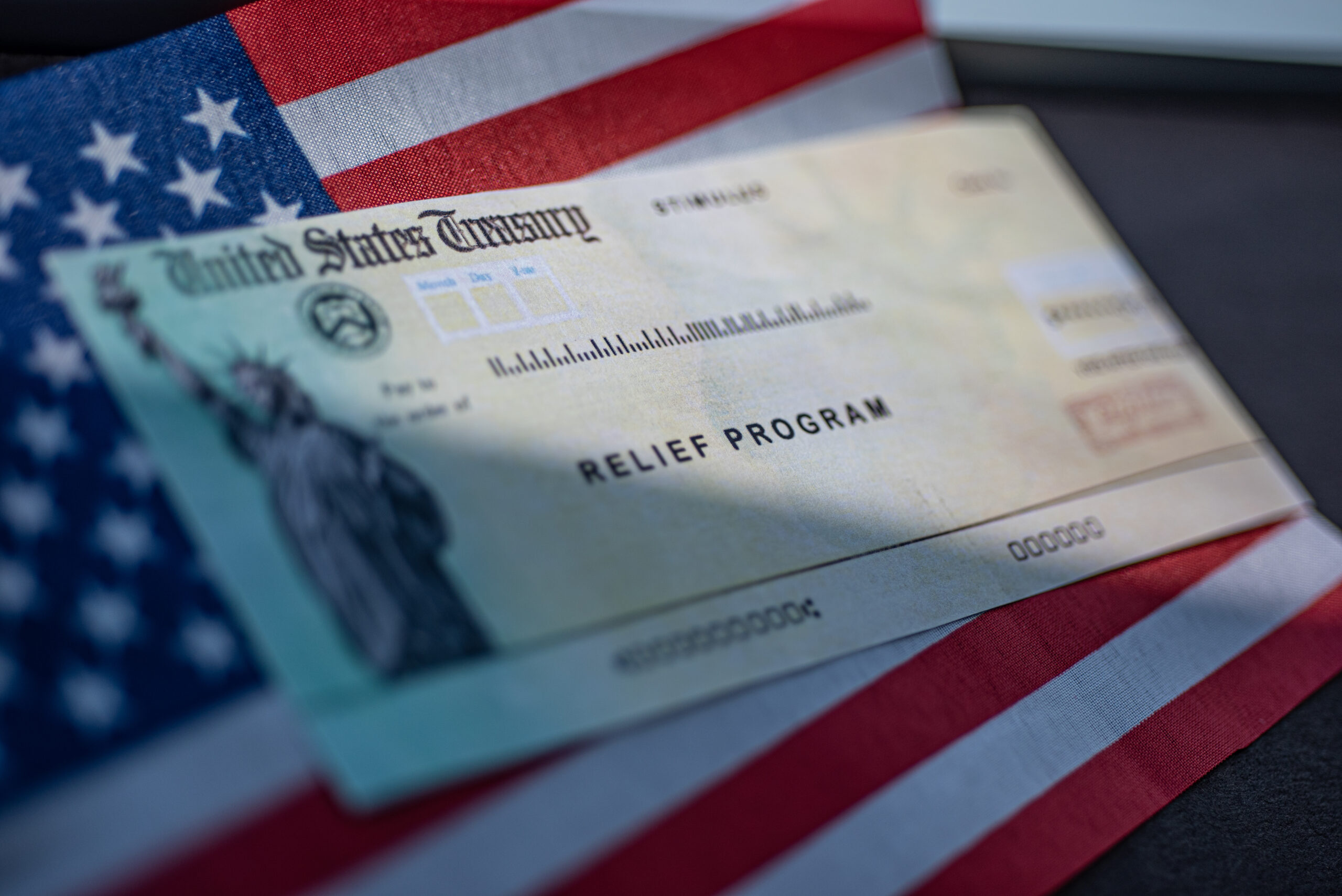U.S. vs. Armenia: Who STOLE Pandemic Funds?

Federal agents have arrested 14 individuals in a sophisticated $25 million COVID relief fraud scheme with international connections to Armenia, exposing how criminals exploited pandemic assistance meant for struggling Americans.
At a Glance
- 14 suspects arrested for allegedly stealing over $25 million in COVID-19 relief funds and federal small business loans
- Two federal criminal complaints name a total of 18 defendants, with 4 suspects believed to be hiding in Armenia
- Charges include conspiracy, wire fraud, bank fraud, and money laundering conspiracy
- Alleged ringleader William McGrayan orchestrated the creation of sham organizations to obtain fraudulent loans
- If convicted, defendants could face decades in federal prison
Massive Fraud Ring Dismantled
The Department of Justice has cracked down on an extensive fraud operation targeting COVID-19 relief programs designed to help struggling American businesses during the pandemic. Federal authorities arrested 14 individuals connected to a scheme that allegedly defrauded taxpayers of more than $25 million through various pandemic relief and small business loan programs.
The investigation resulted in two federal criminal complaints against a total of 18 defendants, with four suspects believed to be in Armenia and currently beyond the reach of U.S. law enforcement.
The suspects face serious charges including conspiracy to defraud the government, making false claims, wire fraud, bank fraud, and money laundering conspiracy.
During the arrests, law enforcement recovered $20,000 in cash, money-counting devices, phones, computers, and firearms, highlighting the scale and sophistication of the operation. The investigation revealed a well-organized network that systematically targeted multiple federal assistance programs established during the pandemic.
Key Players and Their Schemes
According to court documents, William McGrayan, 42, allegedly served as the mastermind behind the operation, coordinating efforts to create sham organizations specifically designed to obtain fraudulent loans. McGrayan reportedly instructed co-conspirators on methods to circumvent verification processes and maximize illegal payouts from government programs. His alleged leadership role placed him at the center of the criminal enterprise that operated across multiple jurisdictions and international boundaries.
“This transnational criminal network sought to defraud the government of millions of dollars and almost succeeded”, said John Pasciucco.
Samuel Shaw, 37, allegedly submitted fraudulent applications for the Paycheck Protection Program (PPP), receiving over $700,000 for non-existent business expenses and payroll costs. Meanwhile, Mery Diamondz, 32, worked with two co-defendants to secure a $3 million federally guaranteed loan by fabricating a business sale that never occurred. Additional suspects include Felix Parker, 77, and Axsel Markaryan, 47, who allegedly played supporting roles in various aspects of the fraud operation.
International Connections and Potential Penalties
The investigation uncovered troubling international dimensions to the case, with four defendants believed to be hiding in Armenia. This foreign connection raises concerns about the vulnerability of U.S. aid programs to transnational criminal networks. The alleged fraudsters apparently coordinated their efforts across international boundaries, making the investigation particularly challenging for federal authorities. The scheme’s international nature suggests a level of organization beyond typical fraud cases.
If convicted on all charges, the defendants could face decades in federal prison. The severity of the potential sentences reflects the gravity of the crimes and the substantial amount of taxpayer money allegedly stolen. Wire fraud and bank fraud charges each carry maximum penalties of 30 years in federal prison, while conspiracy and money laundering charges add additional potential prison time. Federal prosecutors have indicated they intend to pursue maximum penalties given the brazen nature of the scheme.












